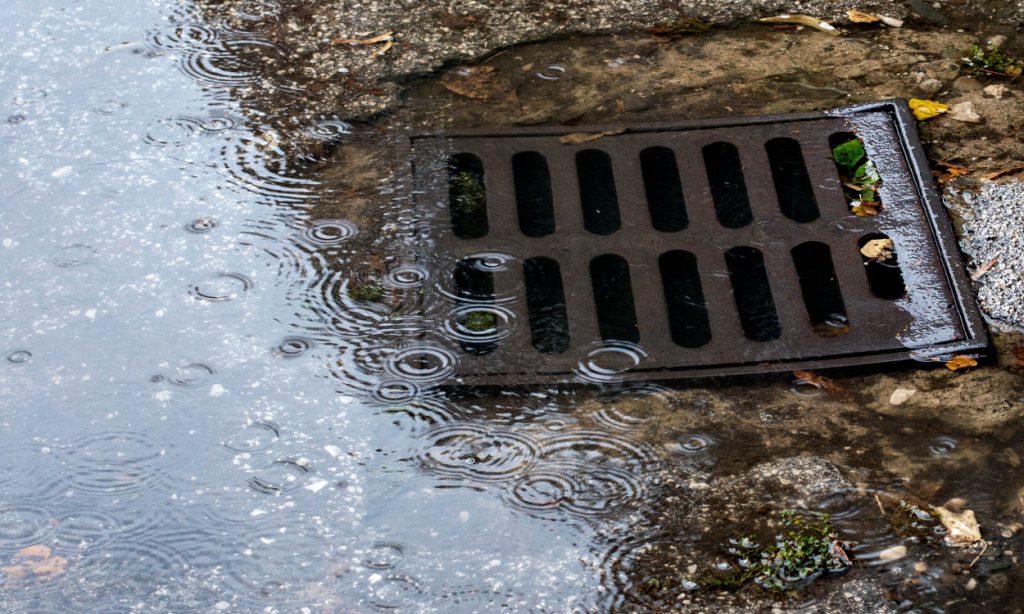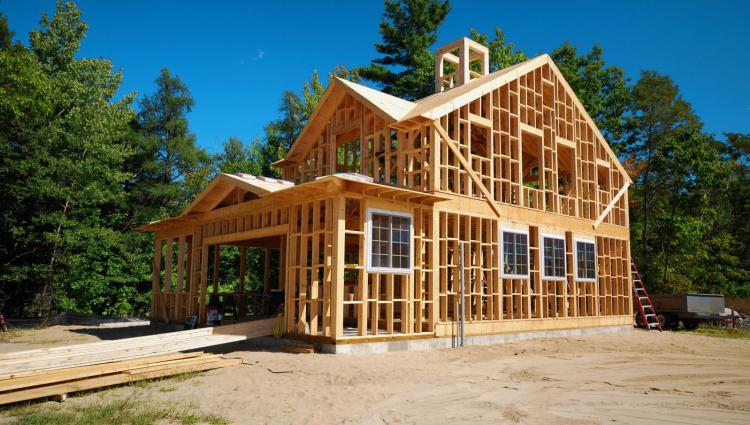
Blocked drains can be a huge nuisance. If pipes become crammed with junk, it’ll prevent water from draining away, causing unpleasant smells, pools of water and slow drainage.
Blocked drains are actually one of the most common plumbing issues faced by plumbers. Yet, with the right knowledge, a blocked drain can be easily prevented.
If you’re able to spot the signs early on, you can get it fixed before it gets even worse.
So to avoid any issues, it’s key to understand what can cause a drain blockage and how you can prevent it from happening in the first place.
If you have any blocked drain issues, getting in touch with a professional is key. They will have the necessary equipment to solve any type of blockage, no matter how bad it is.
Experiencing blocked drains? Call for an emergency plumber near me. Or read on to learn what to look for and how to prevent it from happening.

Signs Your Drains Are Blocked
There are specific signs to look out for that may suggest your drains are blocked, including:
- You notice bad smells coming from your drains, such as your sink.
- Water is draining slower than usual.
- There are pools of water that won’t drain.
- Sounds of gurgling and strange noises.
These are the top signs to look out for, as soon as you notice any of these make sure to call for an emergency plumber near me.
Bathroom Tips
In your bathroom, your toilet and shower can experience drainage problems for a number of reasons. Once you understand what can cause this, you can take the steps to avoid this happening. Our main tips for preventing a blocked drain in your bathroom include:
- Putting all sanitary products in the bin instead of flushing.
- Wipes: everything from baby wipes to make-up wipes can block your toilet. Unless they are marked as ‘fine to flush’, they don’t disintegrate like toilet paper. Any wipes without this guarantee shouldn’t be put down the toilet. Use the bin instead.
- Regularly clean the drain of your shower to prevent the likes of hair and substances from blocking the drain.
Kitchen Tips
Another area in the house to keep an eye out for drainage problems is your kitchen. You should do the following to prevent blockages:
- Make sure your plates have been scraped clean into the bin before washing or putting them in the dishwasher.
- When rinsing your plates, use a strainer to catch food you may have missed and put in the bin after.
- Wipe greasy pans with kitchen roll.
- Any oil you’ve collected, make sure to bin it instead of putting it down the sink or in the dishwasher.
Fats and Cooking Oil
Many people may not realise how much fat and cooking oil can impact your drainage system. As soon as hot oil hits the cold pipes, it will harden and stick to the insides.
This will then continue to build up until it’s too late and you have a serious blockage on your hands. You’ll be able to smell it too!
Even if it’s just the odd bit of oil and fat that makes its way down your pipes every now and again, this can cause a bigger issue over time as they can stick together and build up.
The longer it gets left, the harder it can be to fix yourself. However, if this happens, emergency plumbers can use strong jets to burst through the blockage.
To avoid this, allow time for cooking oils and fats to cool before putting them in the bin instead of pouring it down your sink.
Contact a Professional
Having a blocked drain is something you need to get fixed quickly. If you notice any of the signs mentioned above, don’t ignore them as this will only get worse.
Instead, call a professional emergency plumber near me to get your drain system spick and span once again.
Now you know what not to do, you should be a pro in avoiding any serious blockages!







